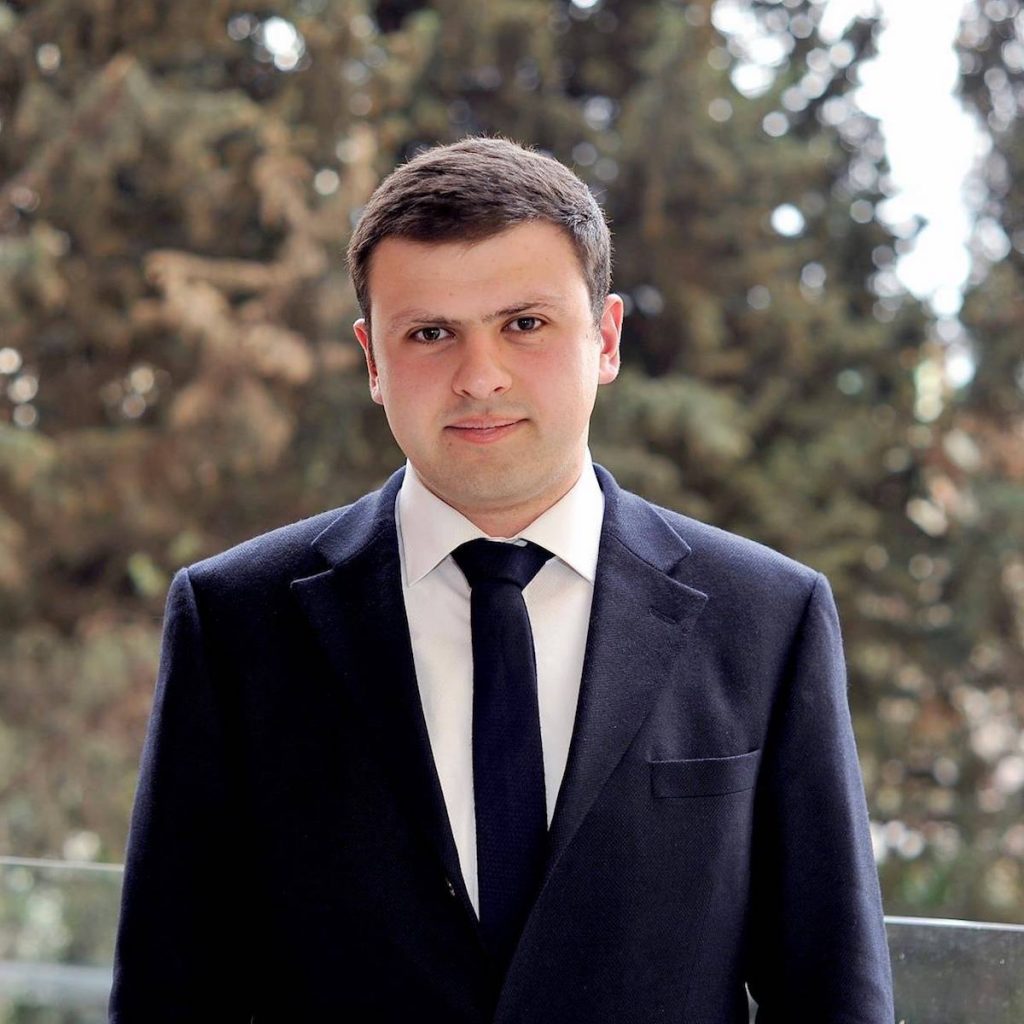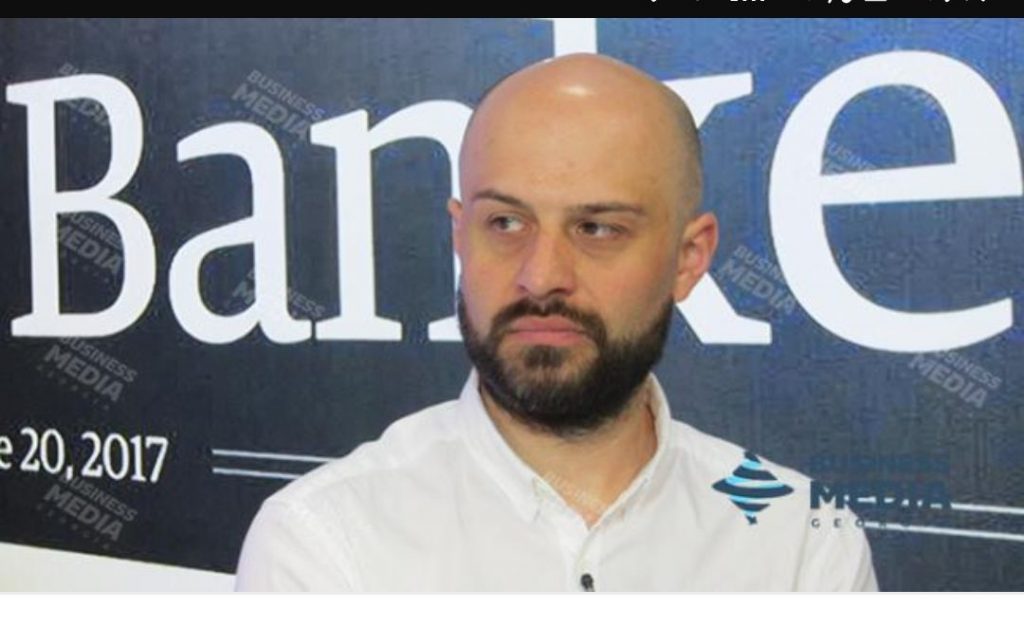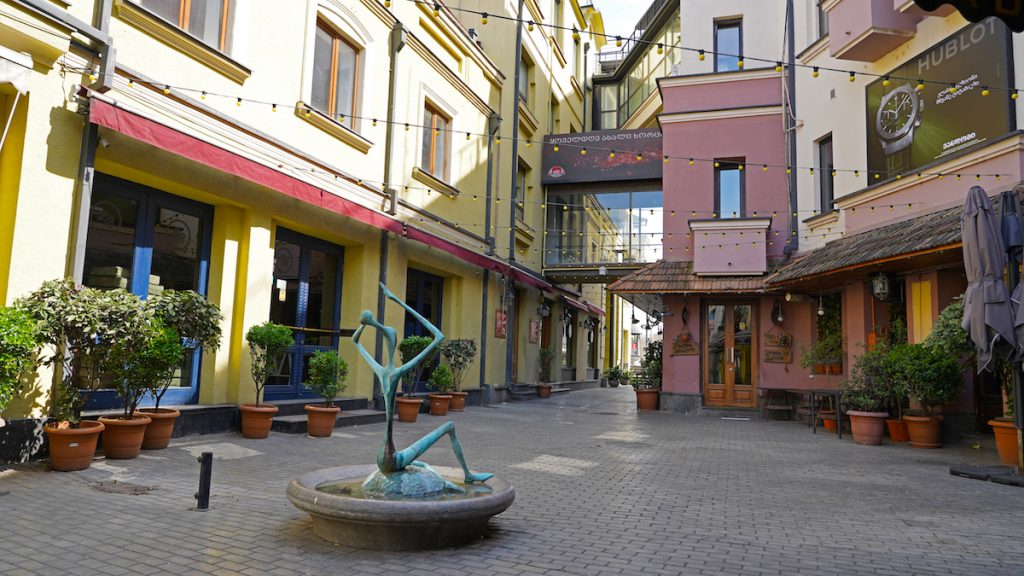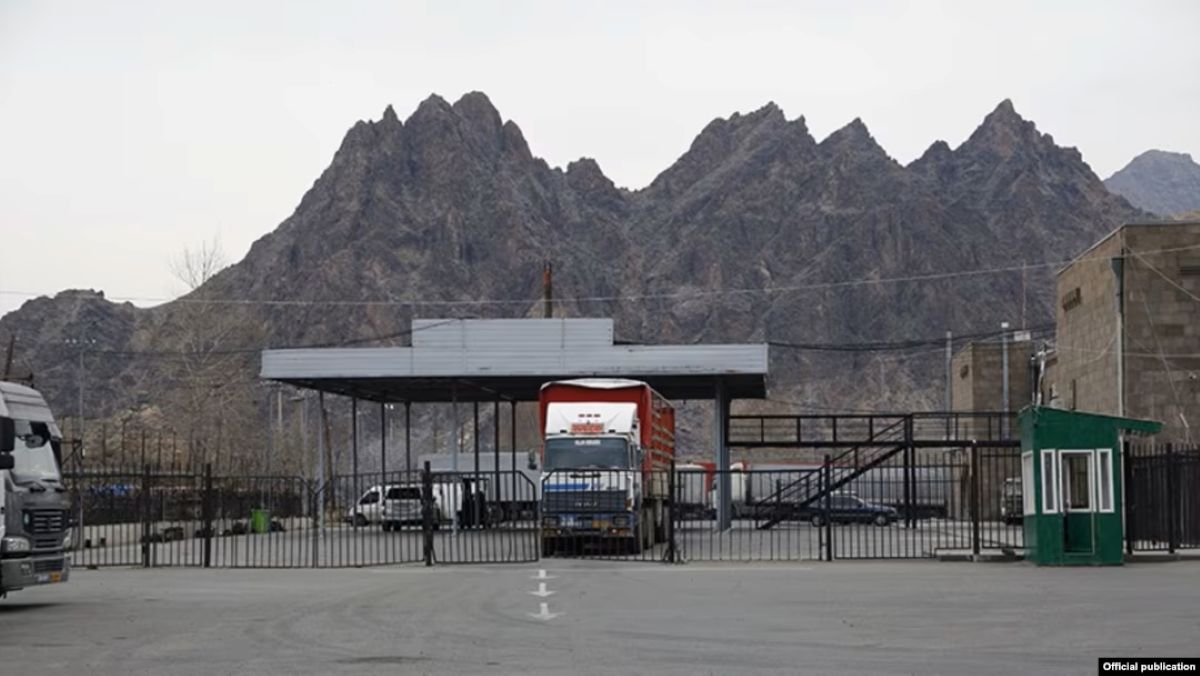“Become more Catholic than the Pope” Georgian experts on ways out of the economic crisis
The Georgian government has approved an anti-crisis plan, according to which it will allocate assistance to both citizens and business owners affected by the crisis caused by the coronavirus pandemic.
The opposition has come forward criticizing the plan, mainly because of the small amount of benefits.
An analyst with Transparency International Georgia Beso Namchavadze and economist Andria Gvidiani in an interview with JAMnews answered questions about the government’s programme, as well as possible ways out of the economic crisis.
Are there enough funds allocated by the state to help citizens, and could they be used more efficiently?

Andria Gvidiani: Let’s not forget that we are a country with limited resources, we do not have a very large budget, unfortunately, we are not rich, and therefore financial assistance should be distributed in accordance with the reality that exists in our country today.
Regarding cost-effectiveness, I think that the anti-crisis plan covers quite a few groups, including the self-employed. As well as people who have lost their salaries.
About 1 billion 35 million lari is spent directly on social assistance – and I think this is a rather large figure at a time when our budget has significantly reduced revenues.

Beso Namchavadze: Firstly, (what the government proposed) is only half the plan, because in fact it is a social package. This is not a long term plan. What will happen from 2021? We do not know the whole plan of how we will live after the pandemic and what economic policies we will pursue.
Unfortunately, there is still a great danger that a large category of people will be left without money and generally without income. Among the self-employed, one-time help of 300 lari (approx. $100) will be able to receive only about 30 percent. We have to work on this, we can’t doom people to hunger.
- Georgia – what fate awaits tourism?
- Op-ed: Georgia’s fight against coronavirus – groping in the dark
- Armenia: forecasts for business and the economy amid the state of emergency
Will the government have to “tighten their belts” and cut costs? Should it spend money on infrastructure and reduce taxes?
Andria Gvidiani: At this stage, the government has reduced current expenses by 300 million lari.
I believe that the government should find all the resources in order to minimize the costs of bureaucracy and use these resources for infrastructure projects.
In general, in my opinion, the smaller the size of the government and the less money spent on the bureaucracy, the better not only in a pandemic, but in general.

Beso Namchavadze: now the social conditions are so complicated that it’s probably not worth it to simply dismiss people from the public sector. But for example, you can not pay bonuses and allowances.
Next year, the government will be in a hopeless situation, it will have to cut costs, because the law restricting the budget deficit to three percent obliges it to do this.
The opposition says a tax cut is needed, but at the moment this will bring nothing. But if we talk about what kind of economic policy we should pursue in 2021 and 2022, then I think that we should reduce tax rates as much as possible in order to attract more foreign investment.
But what will change now if we exempt a company from VAT that has already come to a stop?Nothing. She still will not pay any VAT or income tax. When companies suffer a loss, why demand the abolition of income tax? It is better to make sure that there are no losses.
In conditions when Georgia is losing both tourism income, remittances from migrants are also reduced, what can be done to compensate for these losses?
Andria Gvidiani: The impact will certainly be tangible, especially in the field of tourism and transfers. These factors are independent of us, and therefore, until the global economy as a whole begins to recover, it is practically impossible to make specific forecasts.
But if we change our economic policy and adapt it to the current reality, we will not only overcome the consequences of the pandemic, but we will also be able to use this opportunity to develop further.
One such opportunity is the relocation of companies from China.
In addition, we have large resources in hydropower, and here the government must take uncompromising steps. Due to the interests of some groups, a number of projects were suspended, which is unacceptable.
In addition, it is very important that today there is an opportunity to fully switch to the e-government regime and introduce the e-government model.
Sometimes we hear that a pandemic has shown that the doctrine of a liberal economy does not work. This is not true. On the contrary, now we must become more Catholic than the Pope in carrying out these liberal reforms, and make our economy more open.
Today, we are attractive to foreign investors because, along with other factors, because we are an open economy, we have free trade agreements with very large markets.
I do not think that we need to further reduce taxes. We are therefore one of the leading countries in the world in terms of liberal tax policy.
Beso Namchavadze: when I talked about tax cuts, I mainly meant income tax. Unemployment is the biggest problem in the country. And lowering labor costs is one way to reduce unemployment.
However, even if taxes are reduced, this will not be enough for investors. Ireland has much higher taxes than ours, but if we could get as much investment as Ireland does.
I believe that the level of education, that is, the qualifications of the workforce, and the streamlining of the legal system in Georgia are number one challenges for long-term economic growth.



















